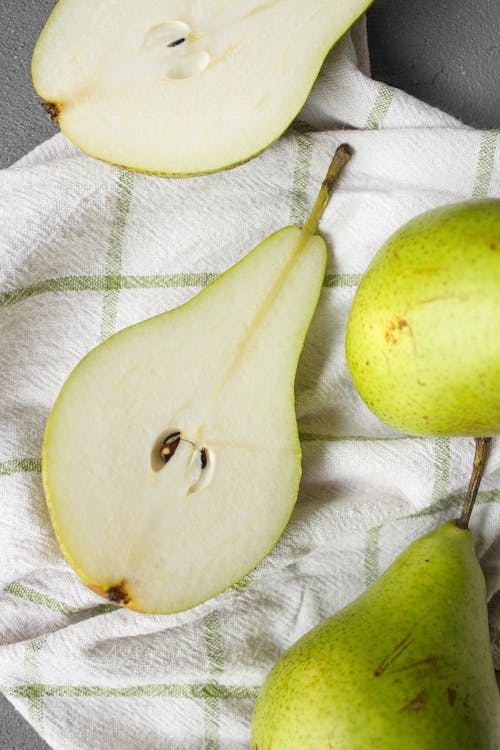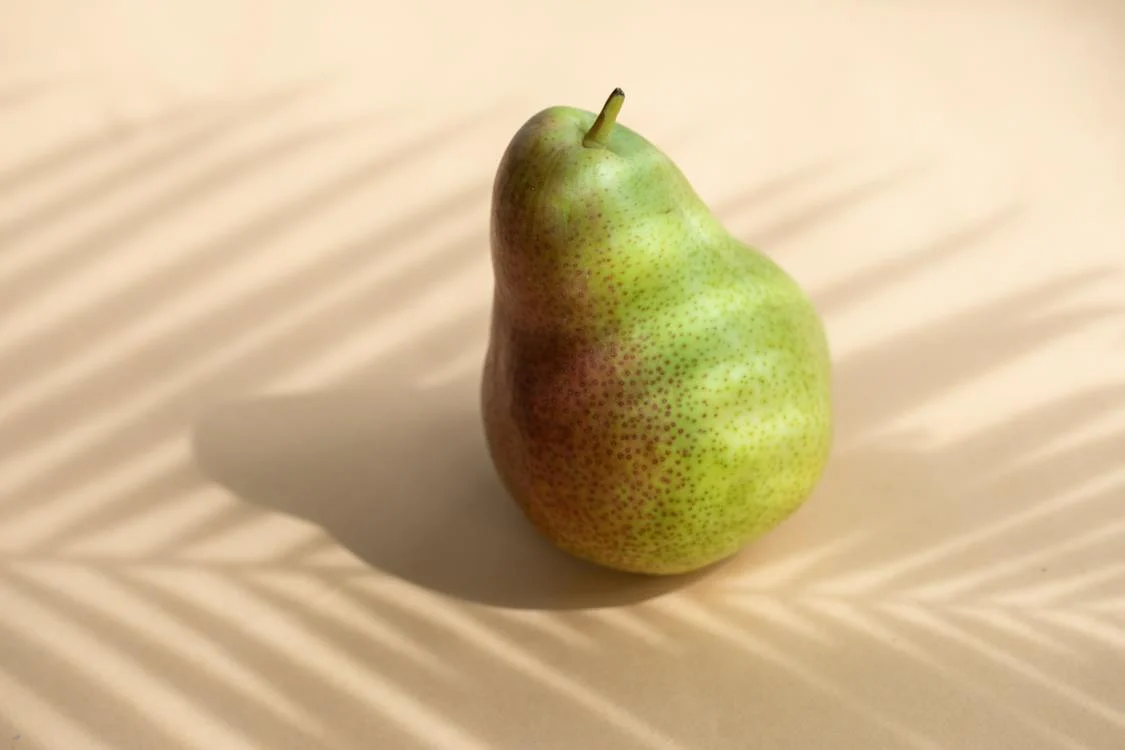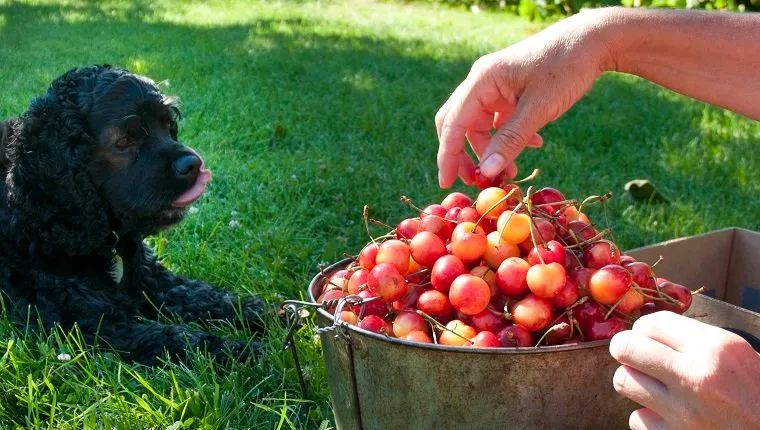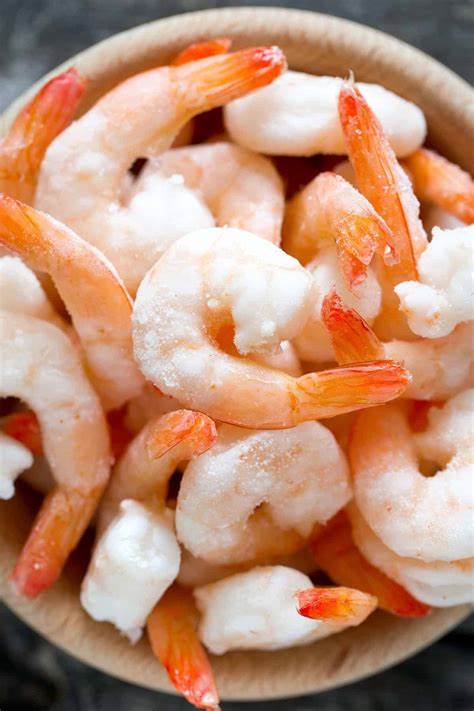As you enjoy the sweet, juicy flesh of a ripe pear, your pup stares longingly for a bite. The fragrance and shape likely tempt dogs more than the flavor. But are pears a safe human food dogs can eat too? Mostly, yes!
When served properly in strict moderation, pears provide key nutrients, fiber, and hydration with only minor risks. This makes pears an occasional healthy snack or supplemental treat for dogs alongside their regular balanced diet.
Keep reading for tips on incorporating pears safely and key things to watch out for before sharing this fruit.
Are Pears Good for Dogs?
Pears offer a bounty of healthy vitamins, minerals, and plant compounds like:
- Vitamin C – Immune support
- Vitamin K – Blood and bone health
- Copper – Nerve/immune function
- Fiber – Digestive regulation
- Antioxidants – Cell protection
This combination benefits dogs similarly to humans. But since their bodies don’t require fruit, only small infrequent portions warrant inclusion.
That said, the nutrients, hydration and fiber perks do merit pears as occasional low-risk treats. Just introduce them slowly!

Preparing and Serving Pears for Dogs
Follow these rules when feeding pears to dogs:
- Wash thoroughly before peeling to remove dirt, bugs or chemical residues
- Cut away peel, leafy stem, core, and seeds – these pose choking risks or may contain toxins
- Dice soft ripe pear flesh into bite-sized pieces to prevent choking
- Lightly mash or chop pears into tiny bits suitable for your dog’s size and dental stage
- Mix a few small pieces into their foods for easier serving
- Start with just a few bites per serving and gradually increase if tolerated well
- Supervise your dog each time they eat pear to monitor chewing safety
The soft texture appeals to dogs as an easily digestible, hydrating snack when prepared properly.

How Much Pear Can Dogs Eat?
When first introducing pears, only offer a few tiny pieces at a time. If a dog experiences no vomiting, diarrhea, or other negative reaction after several days of minimal initial tastings, gradually incorporate more by:
- Mixing a few tablespoons of chopped pear flesh into meals
- Working up to about 1⁄4 of a small whole pear max for miniature pooches
- Keeping serving sizes conservative to less than half a medium pear even for large dog breeds
Too much sugar causes upset stomachs. It’s always smart to start slow with new fruits!

Are Pears Safe for All Dogs?
Pears pose only minor risks for generally healthy canines, but should get avoided for dogs with:
- Diabetes or unstable blood sugar
- Susceptibility to kidney stones or bladder crystals
- Known allergies or sensitivity to fiber, particularly inulin which gives pears a sweet taste
- History of intestinal blockages since undigested flesh or seeds could accumulate
For all other dogs, watch closely for new reactions any time you feed pears or other unfamiliar produce. Stop immediately if symptoms appear. An expert veterinary nutritionist can provide personalized fruit-feeding advice tailored to your dog’s needs.

Other Pearl Cautions
While the pear flesh generally rates as safe for dogs, steer clear of:
- Decaying pears with mold or fermentation byproducts. These cause risky poisoning when dogs scavenge discarded remains.
- Undigested seeds, woody stems, leaves or pear peel present in feces. Watch for signs of blockage or obstruction requiring emergency veterinary care.
When minding all precautions, guidelines and supervision, occasional well-prepared pear treats provide a safe, nutritious supplement most dogs relish! Consult your vet with any concerns.

Questions and Answers About Dogs Eating Pears
Q: Can diabetic dogs eat pears?
A: Maybe in strict moderation, but the natural sugar requires careful oversight. Talk to your veterinarian first about glycemic management.
Q: Do pears help dogs with digestion or constipation issues?
A: The fiber and hydration can benefit some gastrointestinal problems when incorporated slowly. But underlying illness always warrants diagnosis and care from your vet instead of assuming fruit fixes ailments.
Q: Can puppies eat pears?
A: Only once fully weaned from mother’s milk to solid foods successfully. Dice tiny portions appropriate for tooth stage and closely supervise chewing.
Q: What signals a pear allergic reaction in dogs?
A: Hives, trouble breathing, facial swelling, oozing skin reactions, ear issues, vomiting, diarrhea and other negative symptoms while consuming warrant discontinuing pears. Notify your veterinarian about new food allergies.
Follow all preparation guidance and serving size suggestions whenever treating your dog to sweet, seedless pear flesh for safety and digestive ease. Watch closely for reactions and enjoy the shared snacking time!



